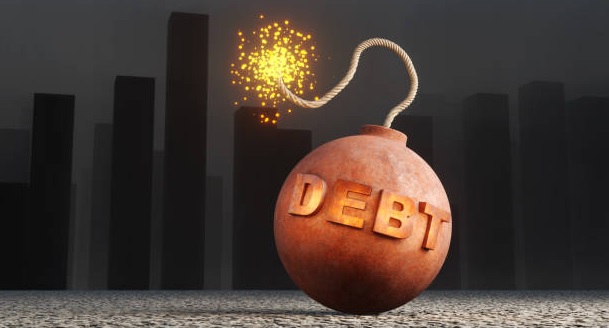A report commissioned by the Vatican has called for sweeping reforms to what it describes as a financial system rigged against Africa and developing nations. The document, released by the Pontifical Academy of Social Sciences, argues that current debt structures force poor countries into endless cycles of repayment while cutting vital spending on healthcare and education.
Titled The Jubilee Report, the study was overseen by Nobel-winning economist Joseph Stiglitz and former Argentine finance minister Martín Guzmán. It proposes radical changes, including halting net financial outflows from debt-crippled nations, expanding debt relief programs, creating a global climate fund, and strengthening financial ties between Global South countries.
The findings come as Africa faces its worst debt crisis in decades. UNCTAD data shows the continent’s public debt has surged 183 percent since 2010, growing nearly four times faster than economic output. Shockingly, 57 percent of Africans now live in countries where debt payments exceed education or healthcare budgets.
“The system allows creditors to be repaid while children go hungry,” said Father Charles Chilufya, a Jesuit advocate for economic justice, at the report’s launch in Rome.
Unlike wealthy G7 nations that borrow in their own currencies, African countries face crushing terms. Ghana spends 26 percent of state revenue on interest, compared to France’s 3 percent. Africa paid 163 billion dollars just in debt servicing last year. Total external debt hit 1.15 trillion dollars in 2023.
The report traces today’s problems to colonial-era economic models that left Africa dependent on commodity exports and foreign imports. This structural weakness, combined with climate shocks and COVID aftershocks, has created what Guzmán calls “a perfect storm of underdevelopment.”
Pope Francis first championed this moral reckoning before his death, demanding “ethical dialogue” on debt. His successor, Pope Leo XIV, has continued the push, condemning financial systems that “marginalize the poorest.”
The report urges new international rules to speed up debt restructuring, an end to IMF bailouts protecting private lenders, capital controls to stabilize developing economies, and the redirection of debt payments toward healthcare and green energy.
As the African Development Bank warns of growing instability, the Vatican’s intervention adds moral weight to calls for change. With 2025 marking a Catholic Jubilee Year, traditionally a time of debt forgiveness, campaigners hope this blueprint may finally spur action.
“The choice is clear,” concludes Guzmán. “Reform the system, or watch inequality and instability explode worldwide.”
The full report coincides with African-led solutions like the Africa Finance Corporation’s plan to mobilize four trillion dollars in domestic capital, currently stifled by debt burdens.




































